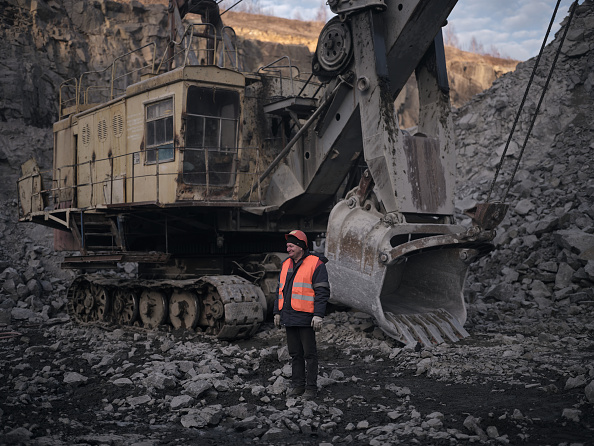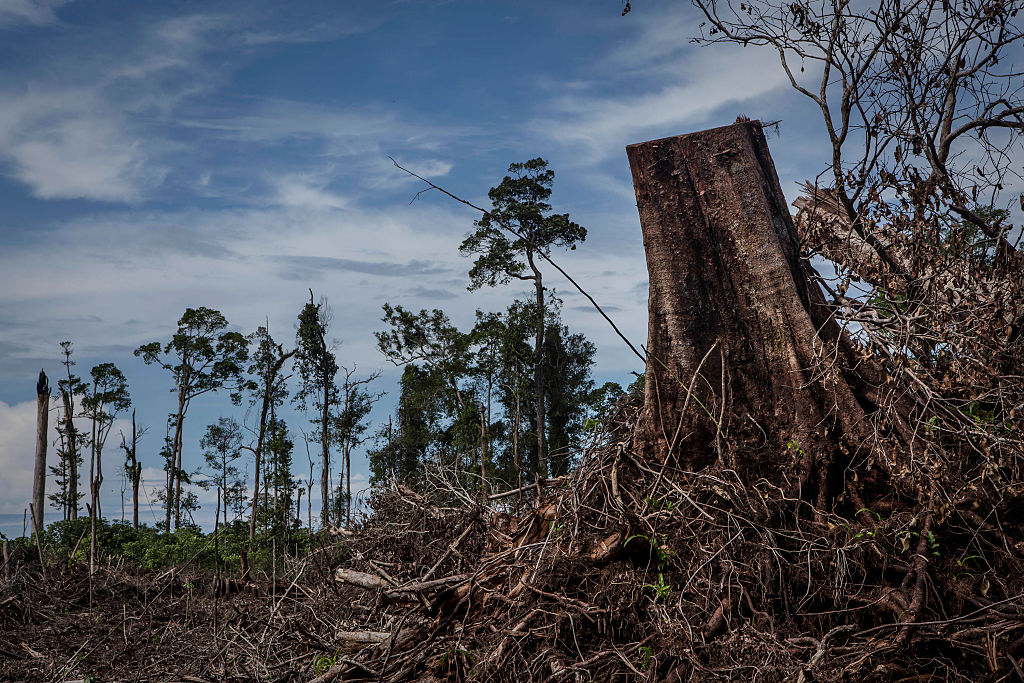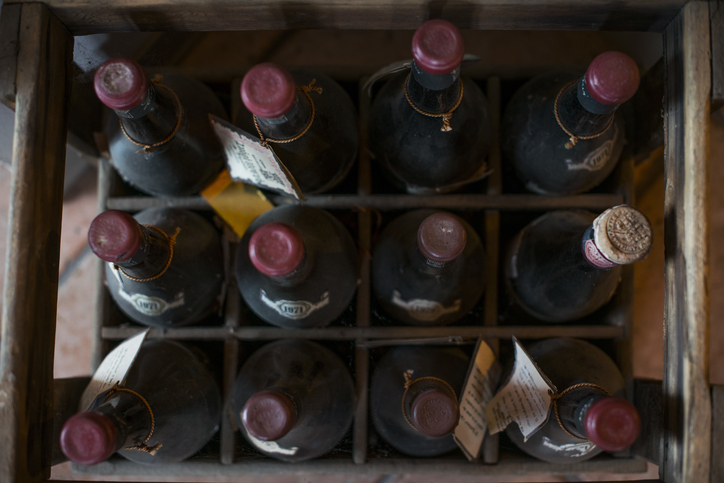Japan’s economy minister Minoru Kiuchi has warned that the risks of economic liberalism now rivalled its benefits as a growing number of governments have been questioning whether open-market policies still served their national security goals.
Japan and its Western partners have been rethinking the foundations of global trade as access to critical minerals has become increasingly entangled with geopolitical risk — and as Liberal economic models, once seen as the guarantors of prosperity, proved insufficient in today’s contested security environment.
Speaking at a conference on economic security in Brussels on June 5, Kiuchi said economic openness was no longer neutral. “The negative aspects of economic liberalisation are becoming increasingly apparent,” he said, pointing to how trade liberalism was being “used to force other countries,” particularly through control of strategic inputs.
“For instance, already in 2010 China imposed restrictions for critical minerals on Japan,” he said, referring to the beginning of a long-running effort by Beijing to weaponise access to rare and semi-processed materials needed for semiconductors, batteries and defence-linked technologies.
That campaign has since intensified. Japan’s imports of gallium, primarily used in electronics and medicine, from China have collapsed, dropping by 85 per cent since 2023. That came after Beijing imposed licensing and export restrictions across a growing list of metals with dual-use potential, according to the Financial Times in February this year.
In December last year, China introduced extraterritorial rules that could force Japanese exporters to the US, from chipmakers to electric vehicle suppliers, to report sales to Chinese authorities. Officials in Tokyo have warned that this amounted to “some sort of declaration of economic war”.
To mitigate these risks, Japan has deepened its strategic co-ordination with the US.
According to Mining.com on June 1, Tokyo has proposed a new rare-earths partnership with Washington to stabilise access to key inputs and limit reliance on China. That followed months of intensified efforts to diversify sourcing and expand domestic refining capacity.
Still, Japan saw economic liberalism as part of the problem. “The current state of Japan’s economy is that security and economy are increasingly intertwined,” Kiuchi said.
Private companies, he argued, remained essential to competitiveness, but could no longer act alone. “We acquired advanced technologies, driven by the private sector … This plays a crucial role in countries’ security. However, we should combine strengths of private and public, especially where there is economic coercion.”
He also warned that national resilience was being tested far beyond the industrial base. “Every disruption will impact critical goods, which has an impact on citizens’ life,” he said, adding: “I personally sense a particular emergency in medical supply.”
Japan’s message marked a shift in tone, emphasising that open economies remain a strength when functioning under clear rules. But it warned that current vulnerabilities, particularly in raw materials and critical technologies, required targeted state responses. The challenge, it suggested, lay not in abandoning liberal trade but in making it defensible against coercion.
Kiuchi’s warning reflected a growing recognition in Europe that medicine security was part of economic security.
The European Union has announced plans to designate certain pharmaceuticals as “critical medicines”, linking their supply more explicitly to strategic resilience. Under the proposed Critical Medicines Act, Brussels would gain new powers to co-ordinate procurement, monitor risks and support production within the bloc.
Yet, despite rising shortages and long-standing dependency on non-EU suppliers, officials admitted the tools remained limited, and some warned the initiative risked becoming just another layer of bureaucracy unless backed by more decisive industrial action.





